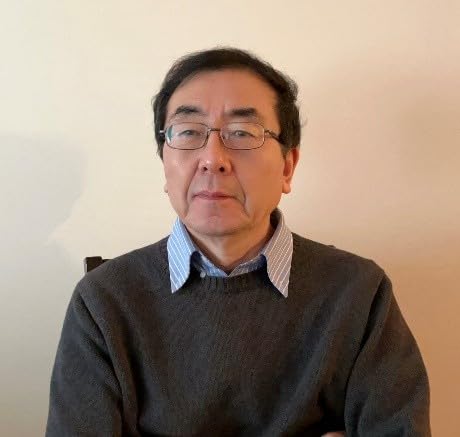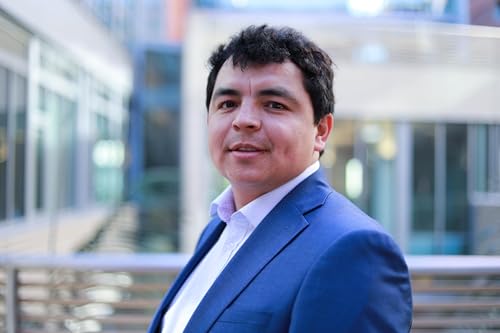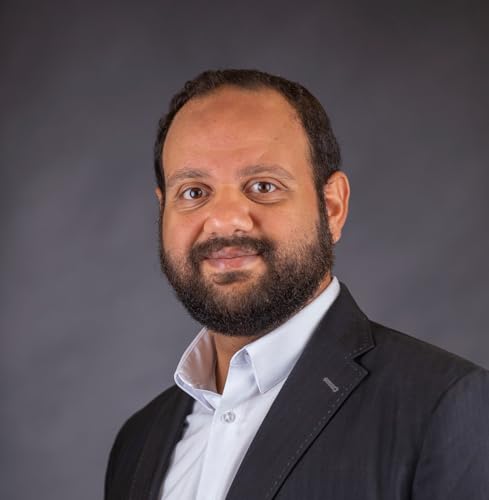David Flaherty is the Thomas C. DeLoach Jr. Endowed Professor in the School of Chemical and Biomolecular Engineering at the Georgia Institute of Technology.
Prof. Flaherty completed a BS in Chemical Engineering at UC-Berkeley and completed his PhD at University of Texas Austin at the interface between chemical engineering and physical chemistry studying thin film deposition and chemical reactions at surfaces with Prof. C Buddie Mullins. During this time, he was also a visiting student at Pacific Northwestern National Laboratory with the surface chemistry team.
Flahrety was subsequently a postdoctoral researcher at UC Berkeley with Prof Enrique Iglesia examining hydrogenolysis reactions of alkanes over supported metal transition metal nanoparticles.
At his current position at Georgia Tech, he leads a group that develops understanding and design principles for the use of solid catalysts to resolve challenges for the sustainable production of chemicals and energy carriers. Research focuses on generating new insight into chemical phenomena that emerge when reactions occur on complex and dynamic catalyst, often solid-liquid interfaces.
Flaherty has been recognized with numerous awards including the Department of Energy Early Career Award; National Science Foundation CAREER Award; the American Vacuum Society, Early Career Research Award; the Eastman Foundation Distinguished Lecturer in Catalysis; and the Paul H. Emmett Award in Fundamental Catalysis from the North American Catalysis Society. He also currently serves as Editor-in-Chief for Journal of Catalysis. It is our pleasure to welcome Prof. David Flaherty to PodCAT!
 2025/12/1151 分
2025/12/1151 分 2025/12/0548 分
2025/12/0548 分 2025/11/2051 分
2025/11/2051 分 2025/11/1142 分
2025/11/1142 分 2025/10/2839 分
2025/10/2839 分 2025/10/1949 分
2025/10/1949 分 2025/09/1550 分
2025/09/1550 分 2025/07/2352 分
2025/07/2352 分
